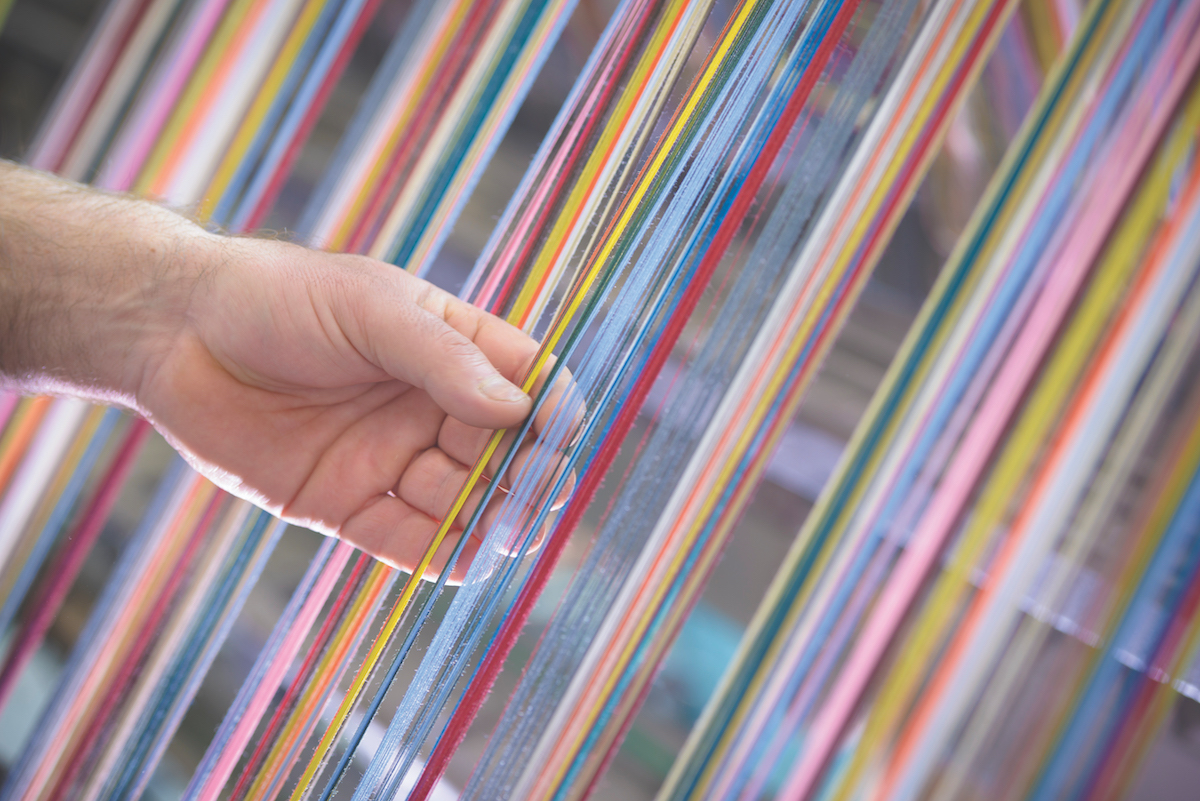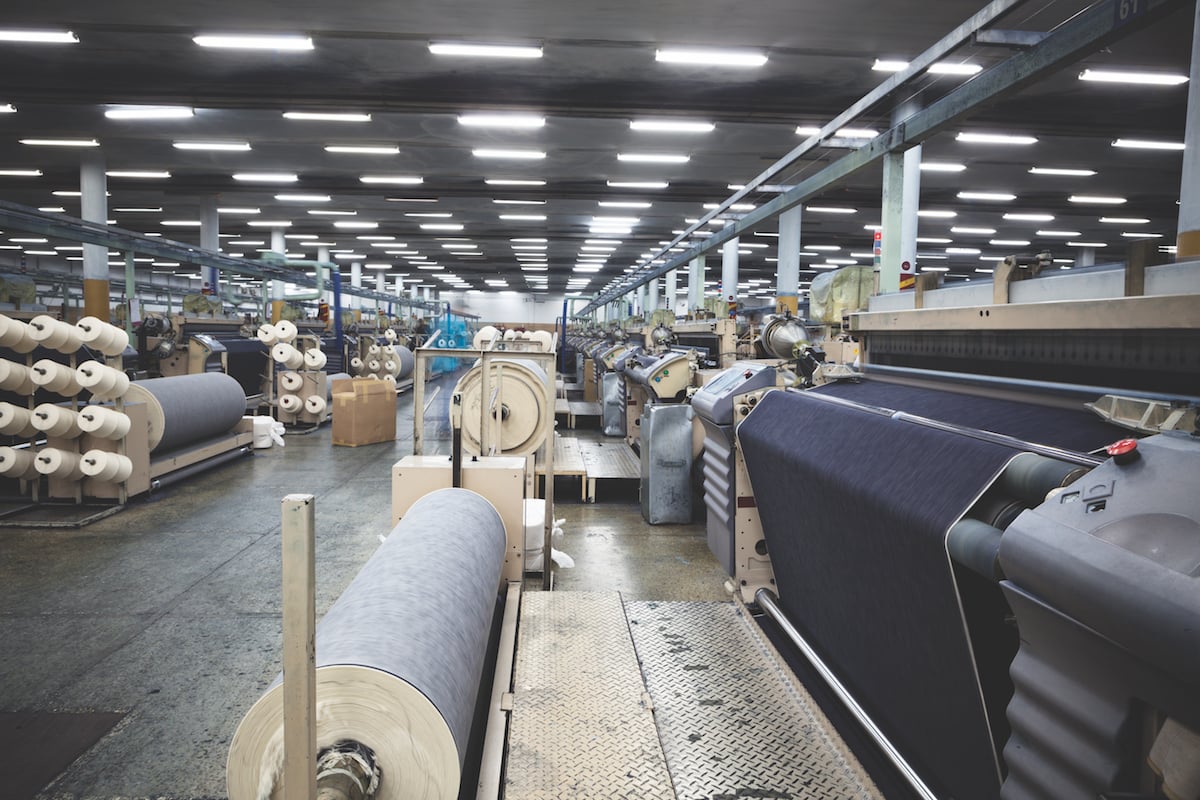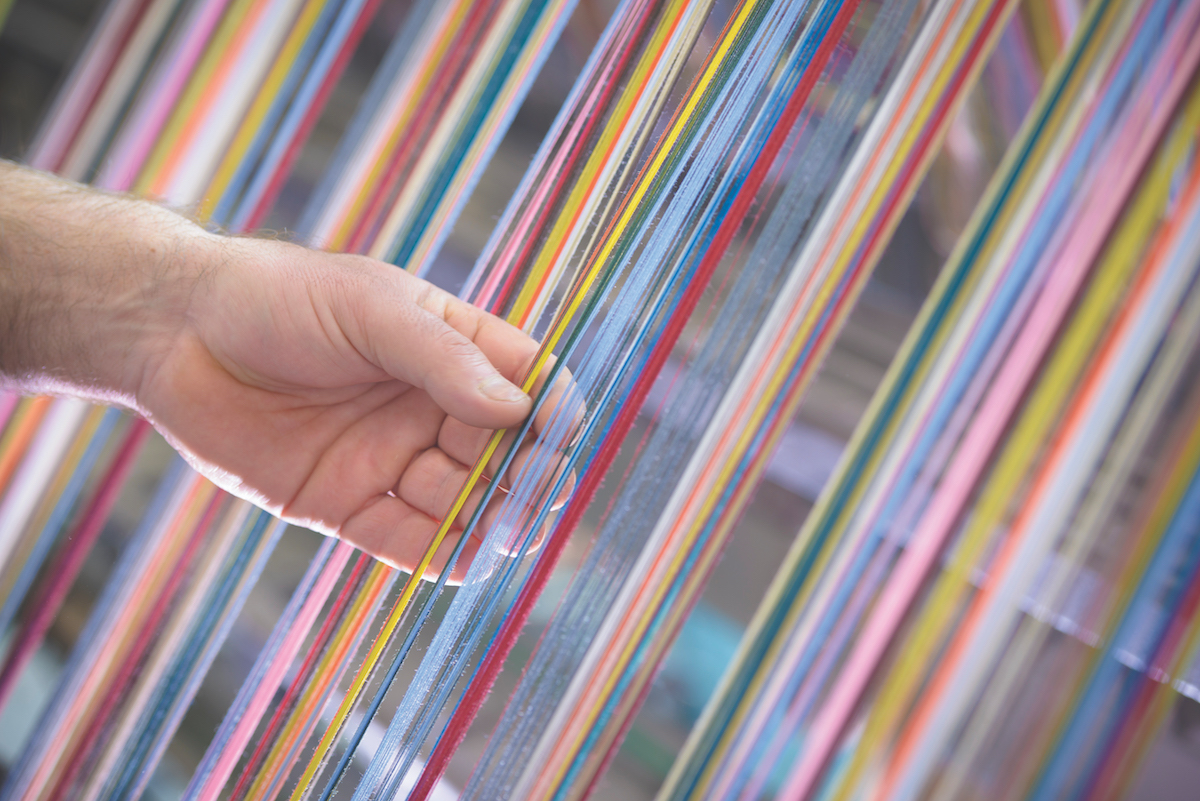Celebrating more than 30 years in business is an enviable milestone for any company, but in the competitive, fluctuating world of fashion and textiles, enjoying three decades of success and looking forward to many more is nothing short of inspirational.
Renowned for its healthy and pollution-free working environments, the Bangladesh-based company Bextex is a fully integrated manufacturer of cotton and polyester blended garments for men, women and children, exporting more than 75 million items a year.

The company, which is the textile division of Beximco Group, employs more than 60,000 people worldwide and is one of the most recognisable names in Bangladesh for trust, innovation and quality.
The ready-made garment industry constitutes 80% of Bangladesh’s exports and is estimated to reach up to $US42 billion by 2020. Bangladesh is the world’s second largest producer of garments after China, employing nearly five million people – mostly women – in the textile industry.
While the industry in Bangladesh has come under the spotlight for poor working conditions, Bextex pays its workers more than double the country’s monthly average wage and is regularly audited for working conditions, electrical and fire protection, salary levels and social guarantees.
Housed in the sprawling 100-hectare Beximco Industrial Park in Sarabo, on a site resembling a university campus more than a factory block, Bextex boasts the most modern composite mill in the region, with 293 high-speed air-jet looms in its weaving section and a high-tech dyeing and finishing section with the capacity to produce 90,000 metres of finished fabric per day.
In a fickle fashion industry where success is impacted by multiple factors ranging from customer tastes and varying economies to technology and government regulations, disruption is fierce and frequent. While in the past style was fairly consistent and steady, at least enduring a season, today’s look can be driven by whims based on the merest glimpse of social media. A trend can be determined overnight and in demand within hours.

Bextex’s success comes thanks to its in-house design team, which works on fashionable garments tailored for numerous regions of the world. The company works alongside a diversity of designers from nations like the US, the UK, France, India and Spain. This global focus is a necessity – Bextex recognises that each part of the world has a different concept of style, and it ensures that it accommodates as many as possible.
Parent company, Beximco, was founded as a commodities trading company in 1972 by brothers Sohail and Salman Rahman, who shared the vision of “taking Bangladesh to the world”. They were regarded as pioneers in the country’s textile, pharmaceutical, ceramics and information industries, expanding to include marine food, real estate development, hospitality construction and financial services, with exports to 103 countries.
To capitalise further on the Group’s textile division, Bextex was founded in 1984, launching operations in 1995, after it was incorporated as a public company. The company offers yarn products including count, fibre, CVC and TC yarn; fabric products comprising solid dyed, yarn dyed, finishing, dobby design and yarn count products; and knit and denim products.
It also provides special yarn products consisting of plied yarn, fancy yarn, slub yarn, stretch yarn (both lycra and spandex), core spun, multi-count, and multi-twist products, as well as wrinkle-free products.
The Beximco Industrial Park, employing nearly 40,000 workers, is dominated by Bextex’s 12 textile factories. Safety is paramount, with low-rise and fire-proof buildings bragging state-of-the-art equipment, easy access to captive power generation, water purification, liquid nitrogen, waste water treatment and other key infrastructures.
As recently as the early 2000s, Bextex was only producing fabric, not garments. Today, it is South Asia’s largest vertically integrated textile and garment company, with 227 of its own lines. Global clients include Chevron, Calvin Klein, H&M, JC Penney, Macys and Zara, with exports reaching up to seven million units a month.
The manufacturer currently sits at about US$500 million in revenue, with plans to double that. In pursuit of this lofty ambition, Bextex is aiming to enter new categories, like sportswear and activewear. While currently focusing only on woven bottoms and shirts, it’s looking to collaborate with other companies to diversify its offerings, like nylon-based fabrics and outerwear.

In fact, outerwear is an important step to making the Bangladeshi garment industry competitive with China’s. Previously only a product of China, domestic wage increases have buyers looking for other locations for outerwear – like Bangladesh. The developing economy still has the edge on regional competitors in terms of skills and equipment, meaning the local textile industry is destined for innovation and expansion.
Bextex partners with some of the world’s most renowned design institutes, including the Fashion Institute of Technology and Parsons in New York, the London School of Fashion, and NIFT and NID in India.
These relationships provide access to talented designers to complement the company’s huge in-house design studios in Bangladesh and Spain.Each season, Bextex presents its own collections, which showcase wide ranges of stylish garments.
The manufacturer’s textile facilities enable it to develop new fabrics and unique styles, customised for each season. Buyers are able to select their preferred styles, depending on what best fits their brand. From there, these new lines go into production.

In the constantly evolving world of textiles, the stability of reliable suppliers is vital, with the secret to development lying in successful collaboration. Suppliers include VI.BE.MAC sewing machines from Italy, Tonello industrial washing machines, and Garmon for chemical solutions.
What makes Bextex stand out as a valuable addition to its suppliers’ customer base is that it naturally views suppliers as partners. For example, the garment maker works alongside a lot of the companies from which it sources dyes and chemicals.
At these suppliers’ facilities, Bextex helps to develop new kinds of washes. Meanwhile, it provides invaluable support to yarn suppliers like INVISTA, assisting in the development of new fabrics and yarns.
The result is a supply chain characterised by collaboration and communication. Bextex’s customers give it ideas about the kind of product they want and, in turn, Bextex provides feedback to its suppliers.
At the end of this process, garments are made according to the requirements of the customer base. Without a close relationship with its partners, Bextex wouldn’t have achieved the success it has enjoyed these past 30 years.



